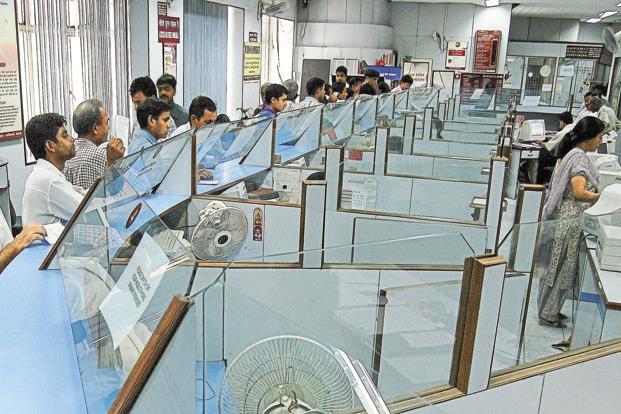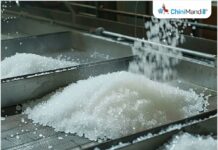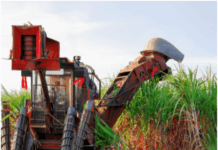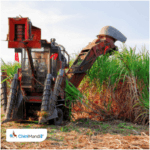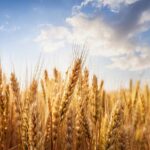New Delhi [India], April 6 (ANI): Despite a decline in reported gross and net non-performing assets (NPAs) by banks, their assets quality continues to remain monitorable, ICRA Ratings has said.
Even including pro-forma GNPAs of Rs 1.3 lakh crore (1.1 per cent of gross advances) and NNPAs of Rs 1 lakh crore (1 per cent of net advances), the GNPA and NNPA of banks stood at 8.3 per cent and 2.7 per cent as on December 31, 2020 as compared to 8.6 per cent and 3 per cent respectively as on March 31, 2020.
However, this decline was driven by loan write-offs of Rs 1.1 lakh crore (1 per cent of advances) during 9M FY21.
Further, based on the restructuring guidance given by various banks, the overall volume of restructured advances is estimated at 1.3 to 1.5 per cent of the advances, much lower than ICRA’s initial estimates.
“While the headline asset quality and restructuring numbers are encouraging, these do not reflect underlying stress on asset quality of banks,” said Anil Gupta, Sector Head for Financial Sector Ratings at ICRA.
“The level of loans in overdue categories has increased after upliftment of moratorium and the impact on asset quality will be spread over FY21 and FY22 as various interventions and relief measures have prevented a large one-time hit on profitability and capital of banks.”
Despite the impact of Covid-19 pandemic on debt servicing ability of borrowers, gross fresh slippages for banks stood much lower at Rs 1.8 lakh crore (2.7 per cent of advances on annualised basis) during 9M FY2021 as compared to Rs 3.6 lakh crore (4.1 per cent) during FY20.
This has been driven by various relief measures like moratorium on loan repayment, standstill on asset classification and liquidity extended to borrowers under guaranteed emergency credit line.
As the impact of these interventions wanes off, asset quality pressures are likely to resurface.
ICRA expects the GNPAs (excluding write-offs) to rise to 9.6 to 9.7 per cent by March 31, 2021 and 9.9 to 10.2 per cent by March 31, 2022 from 8.6 per cent as on March 31, 2020. (ANI)

